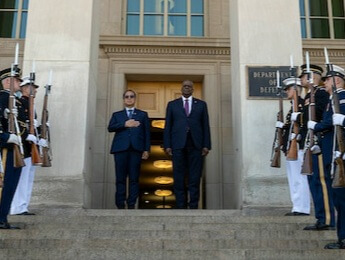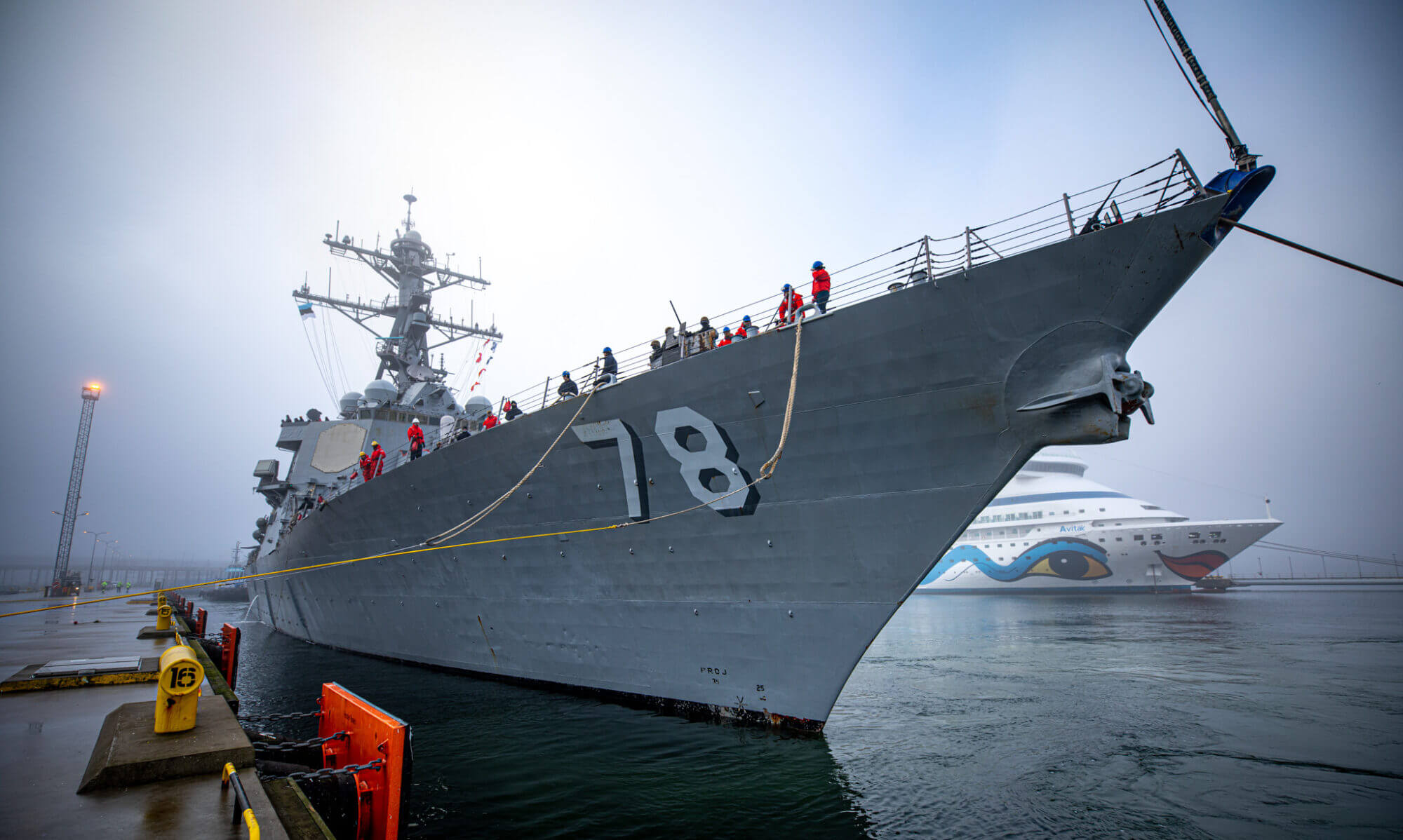
Introduction
Greetings to the members and subscribers of Americans for a Stronger Navy, dedicated to promoting Peace Through Strength. Today, we bring you an update on the U.S.-Philippines alliance, a crucial partnership for maintaining peace and stability in the Indo-Pacific region.
U.S.-Philippines alliance makes rapid strides
In a recent meeting at the Pentagon, Secretary of Defense Lloyd J. Austin III and Carlito Galvez Jr., senior undersecretary of the Department of National Defense of the Philippines, discussed deepening military-to-military contacts between the two nations. The meeting came as the Balikatan exercise, the largest joint exercise in years, kicked off in the Philippines.
Commitment to principles
The U.S.-Philippines alliance is committed to the principles of transparency, freedom of navigation, the rule of law, respect for sovereignty, and the peaceful resolution of disputes, all of which are being challenged in many places globally. Austin highlighted that the mutual defense treaty applies to armed attacks on either of their armed forces, or public vessels or aircraft anywhere in the South China Sea.
Bolstering capabilities
The two nations have also made significant progress in bolstering the capabilities and capacities of their respective armed forces to resist coercion and gray zone aggression. They are close to finalizing a security sector assistance roadmap to strengthen deterrence and align defense investments with the evolving security environment.
Enhancing cooperation
Moreover, they are expanding cooperation under the Enhanced Defense Cooperation Agreement to make their armed forces more flexible, resilient, and better able to train and operate together.
Key Takeaways
- The U.S.-Philippines alliance is making significant progress in upgrading their partnership.
- Both nations are committed to the principles of transparency, freedom of navigation, the rule of law, respect for sovereignty, and the peaceful resolution of disputes.
- The mutual defense treaty applies to armed attacks on either of their armed forces, or public vessels or aircraft anywhere in the South China Sea.
- They are close to finalizing a security sector assistance roadmap to strengthen deterrence and align defense investments with the evolving security environment.
- They are expanding cooperation under the Enhanced Defense Cooperation Agreement to make their armed forces more flexible, resilient, and better able to train and operate together.
Conclusion
The U.S.-Philippines alliance is a crucial partnership for maintaining peace and stability in the Indo-Pacific region. By upgrading their partnership, both nations can better resist coercion and gray zone aggression and uphold the principles of transparency, freedom of navigation, the rule of law, respect for sovereignty, and the peaceful resolution of disputes.
Stat tuned
We urge our readers to support the Americans for a Stronger Navy and our mission by subscribing to our website and staying informed on important updates such as this one.

